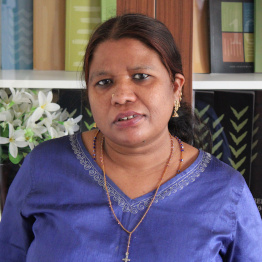Contemporary Agrarian Relations in Bihar: A Symposium
In 2012 and 2018, the Foundation surveyed Katkuian village in West Champaran district in the far northwest of the State, and Nayanagar in the Samastipur district in Central Bihar, as part of its Project on Agrarian Relations in India (PARI).
Drawn from this data, a series of research articles and notes have been published in the latest issue of the Review of Agrarian Studies (vol 12, no 1) as a special In Focus section. The papers include studies of land relations and issues of class and caste; a detailed analysis of wealth inequality; a note on the subject of homestead landlessness, an aspect of rural unfreedom that has received relatively little attention in academic research; and a note on schooling and literacy that focuses on the poor state of public education in rural Bihar.
To discuss the main findings and significance of these studies, the Foundation conducted an online symposium on Wednesday, October 12, 2022 (1700 to 1830 hrs IST).
John Harriss, Emeritus Professor, Simon Fraser University, who was the editor of the “In Focus” section in the issue, Chaired the symposium.
The discussants for the symposium were Gerry Rodgers, Visiting Professor, Institute for Human Development, New Delhi, Praveen Jha, Professor, Centre for Economic Studies and Planning, Jawaharlal Nehru University, New Delhi, and Chirashree Dasgupta, Associate Professor, Centre for the Study of Law and Governance, Jawaharlal Nehru University, New Delhi.
The Chair began the session with his comments that the research constituted a recent and important contribution to the existing body of Bihar-centred academic research. He pointed out that the enormous inequality between the rich rural elite and the group of agricultural workers and petty cultivators is a feature highlighted by the past studies. It was striking to see that the inequalities remain without much change in the current context.
Elaborating on the themes covered by the studies, Gerry Rodgers emphasised the need to locate the village studies in Bihar in the macro-economic context of India. Chirashree Dasgupta highlighted that the neoliberal reforms, embraced by the State government in the 2010s under the claim of sushasan, enabled real-estate growth, which was driving the overall growth of Bihar. However, the absolute level of low incomes and wealth ownership for a large section of the population lays bare the claim of growth spurt brought about by reforms in Bihar.
The discussants observed that the context of the studies is set in the time period of reforms, which provides for an insightful comparison. The research papers detailed the contradictory features of development even in other aspects of village life. In both study villages in Bihar, there has seen substantial investment in agriculture, including in technically and commercially sophisticated horticulture, which has been combined with the continuing employment of unfree labour.
The discussion was followed by authors’ responses to the issues raised by the discussants. The session ended with an engaging session of questions and answers on the concerns expressed on the state of affairs in Bihar.

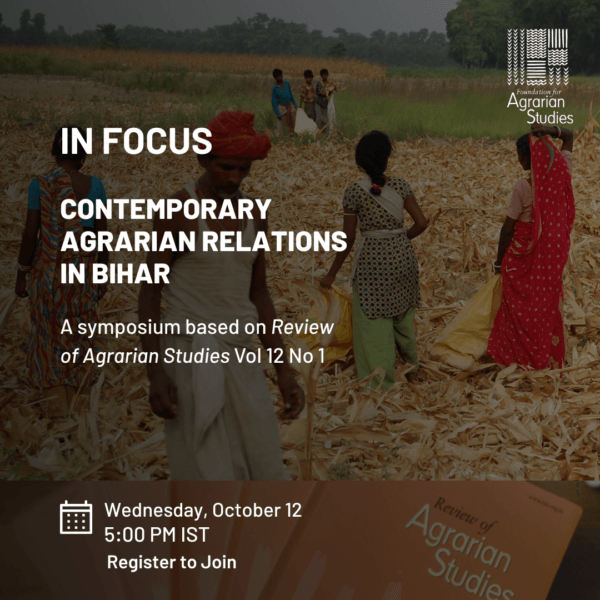













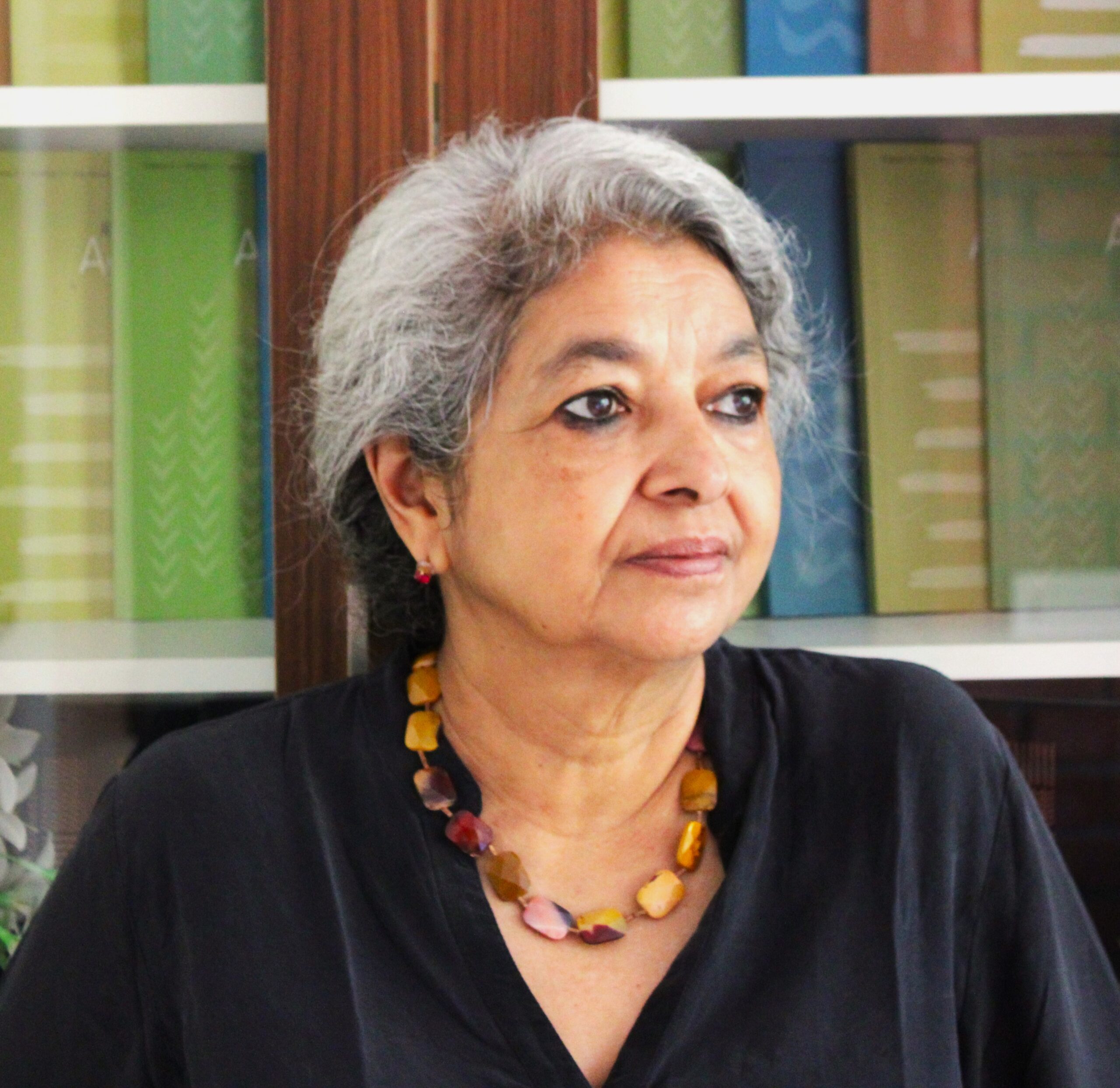


















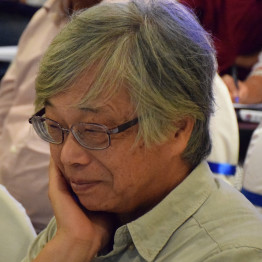
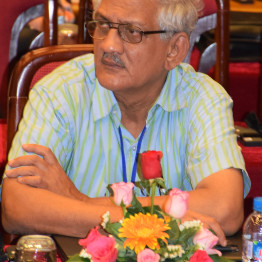
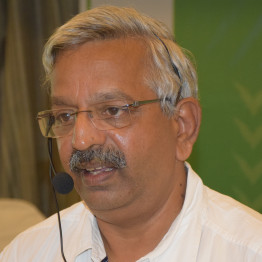

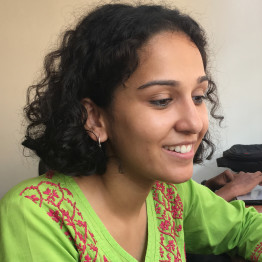


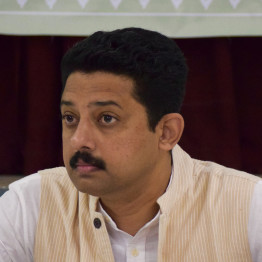


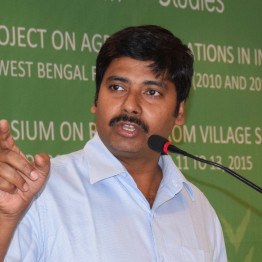










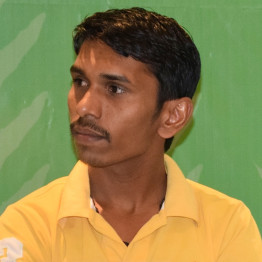
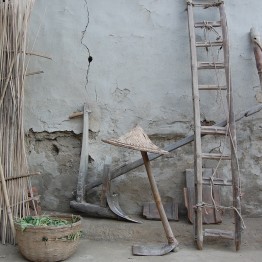

 Sudha is an Administrative Assistant of the Foundation. She assists the administrative division of the Foundation and also has taken part in fieldwork organised by the Foundation.
Sudha is an Administrative Assistant of the Foundation. She assists the administrative division of the Foundation and also has taken part in fieldwork organised by the Foundation.










